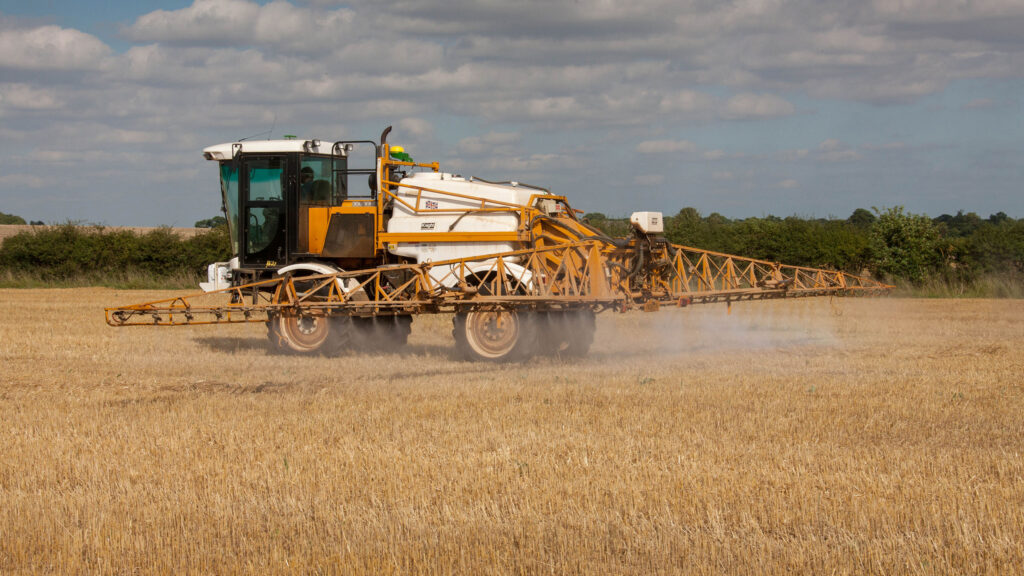More suspected cases of glyphosate resistance in UK
 © Tim Scrivener
© Tim Scrivener The Weed Resistance Action Group has flagged a fresh wave of concern for UK farmers, announcing that several more Italian ryegrass populations may be developing resistance to glyphosate.
Glyphosate is the most important herbicide in arable farming.
The first three UK cases of glyphosate resistance were confirmed earlier this year – in Kent, Gloucestershire, and North Yorkshire – with a fourth in Essex showing significantly reduced sensitivity.
See also: First case of glyphosate resistance confirmed on UK farm
Glasshouse testing has revealed a high risk of resistance in Italian ryegrass populations from an additional three farms, based on rapid screening carried out by Adas.
Plant populations will now be tested to confirm the resistance status.
All suspected resistant populations were found in high-risk management systems.
Often this involved no cultivation and/or very little soil disturbance, and larger weeds being allowed to grow without earlier control when small, such as can happen before spring cropping.
The issue concerns wild annual Italian ryegrass (Lolium multiflorum), not perennial ryegrass or forage crops.
These are arable weeds selected for resistance through on-farm herbicide use.
Independent cases
The Weed Resistance Action Group (Wrag) emphasised that the resistance appears to have evolved independently in each case, rather than spreading from one source.
Adas principal weed science consultant John Cussans, who led the research, said:
“Seed from these new populations will be thoroughly tested over the next few months to fully confirm of they should be classified as resistant (in addition to the three cases confirmed already).”
The latest suspected cases should serve as a reminder of the importance of glyphosate stewardship, added Mr Cussans.
Wrag urges farmers and agronomists to read its guidelines on preventing glyphosate resistance (opens as PDF), which focus on four principles: prevent survivors, maximise efficiency, use alternatives and monitor success.
“The independent nature of populations developing highlights the importance of on-farm hygiene,” said Mr Cussans.
“Italian ryegrass seeds are often present alongside the crop heads at the time of harvest.
“To prevent spread, thoroughly clean combines – and other equipment such as balers and cultivation machinery – and when possible keep all straw within the field and definitely on the farm.”
Further testing in 2026
Bayer Crop Science agronomist Roger Bradbury added: “Any weed which survives a glyphosate application is a potential resistance risk.
“Use a sufficient dose and ensure application reaches the target.”
Adas will carry out further testing in spring 2026, funded by Bayer – manufacturer of the Roundup range of glyphosate products.
The focus will be on Italian ryegrass that survives glyphosate applications ahead of spring drilling, a known high-risk period for resistance development.

